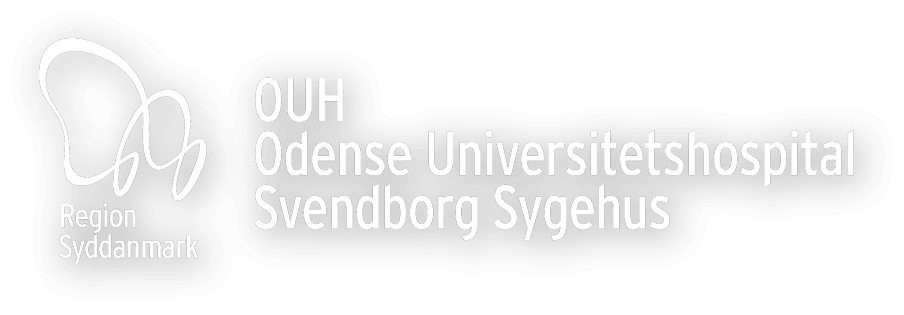WP 6
CCE as a filter test in general practice
Primary Investigator: Prof. Jens Søndergaard
WP6 in a nutshell
WP6 will focus on the use of camera pills in general practice in terms of transferring current experiences as well as testing the potential of camera pills in general practice. This is done by researching patient reported outcomes and by focusing specifically on patient experiences and feasibility of implementation.
Aim
Before implementation of CE’s in general practice, studies should demonstrate superiority regarding patient satisfaction, anxiety, costs, safety and effectiveness. Our goal is to test the effects of offering CE in general practice in a randomised controlled trial.
Relevance
The general procedure of conducting colonoscopies requires the patient to come into the hospital. A hospital based diagnose is expensive for the hospital and more time consuming for patients than a general practice based diagnostic pathway.
Further, the frequency of positive findings in symptomatic patients in GP is low and CE therefore has the potential to reduce the demand for colonoscopies. Consequently,
CE may be a low-cost high-precision diagnostic tool that can be utilised in general practice, which is offered in a more patient friendly envirionment at the patient’s own general practioner.
Design
Two protocols
Two protocols are being developed. A Pilot study to produce safe estimates of sample size for a larger RCT will probably include 194 (2×97) patients. The aim is to conduct the pilot study, finalise the protocol for the major randomised study and subsequently seek funding for the following study concern patient perspectives and evaluation by Patient Reported Outcomes (PRO) is a keystone in the evaluation of the study.
The patients in the intervention group will be offered CE by their General Practitioner. Immediately (up to 24 hours) after CE, the GP will receive a summary letter per e-mail sent by the hospital about the findings from the CE. If the CE is unsuccessful or may indicate cancer, the patient will be referred to the hospital.
The control group will be treated according to the usual routines of referrals for lower bowel cancer alarm symptoms. Usual care with regards to the exchange of information is the routine summary letter sent to the GP by the hospital.
Primary outcomes on patient perspectives will include health-related quality of life and patient satisfaction. Primary outcomes will be based on validated scales combined with ad hoc questions.
Secondary study outcomes will comprise health economic measures, cancer care coordination, illness intrusiveness, satisfaction with information, and depressive and anxiety symptoms.

